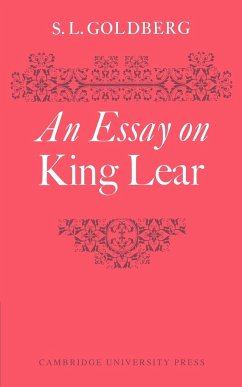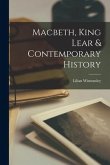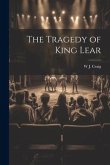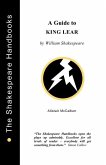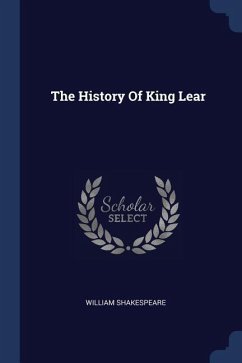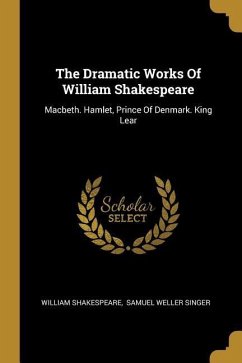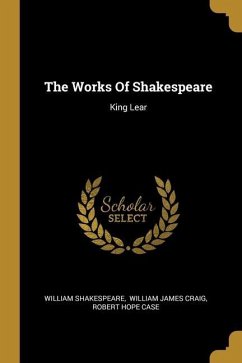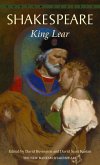Professor Goldberg offers a reading of King Lear that avoids the pitfall alternatives of idealism, moralism, absurdism, and redemptionist sentimentality. He sees the play as a challenge to our moral sense and our need for a feeling of natural justice, but as undercutting all easy answers. That it does not permit them is one of its main points. The essay traces a developing response to the whole of the action as it proceeds, making no premature judgments. It springs from a considered sense of what a poetic drama is and how it works: especially how it presents 'character' and how the views of the characters relate to the whole intention of the play and the author's own vision of life. Many readers are likely to think this the most satisfactory attempt they have yet read to do justice to this great play; because Professor Goldberg responds to it with intelligence and sensitivity, because he does not impose a ready-made meaning on it, and because he has thought about Shakespearean drama in a way which makes this brief book a distinct stage in the history of criticism sincce Bradley and Wilson Knight.
Table of contents:
Introduction; 1. The opening terms; 2. Sight, 'vision', and action; 3. The minor characters; 4. Lear and 'true need'; 5. Answering and questioning; 6. Speaking what we can.
Hinweis: Dieser Artikel kann nur an eine deutsche Lieferadresse ausgeliefert werden.
Table of contents:
Introduction; 1. The opening terms; 2. Sight, 'vision', and action; 3. The minor characters; 4. Lear and 'true need'; 5. Answering and questioning; 6. Speaking what we can.
Hinweis: Dieser Artikel kann nur an eine deutsche Lieferadresse ausgeliefert werden.

